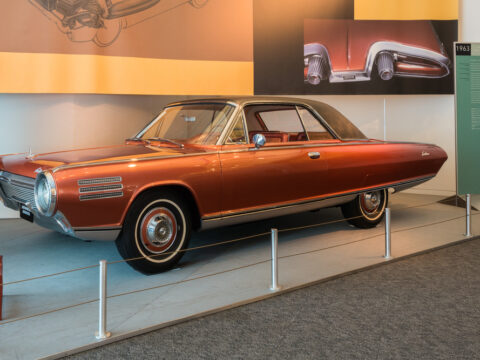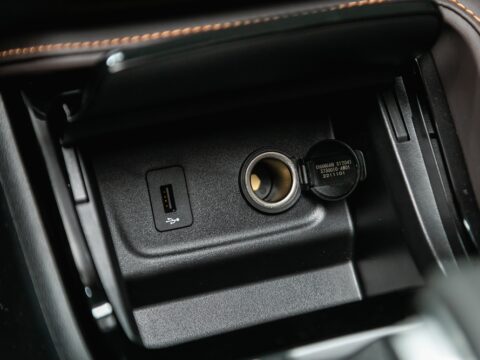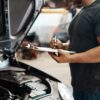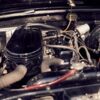Maintaining your car’s engine is crucial for its longevity and performance, but certain bad habits can cause serious damage over time. From neglecting regular maintenance to improper driving techniques, these habits can slowly kill your engine. Here are some bad habits to avoid to keep your car’s engine running smoothly.
Contents
Skipping Regular Oil Changes
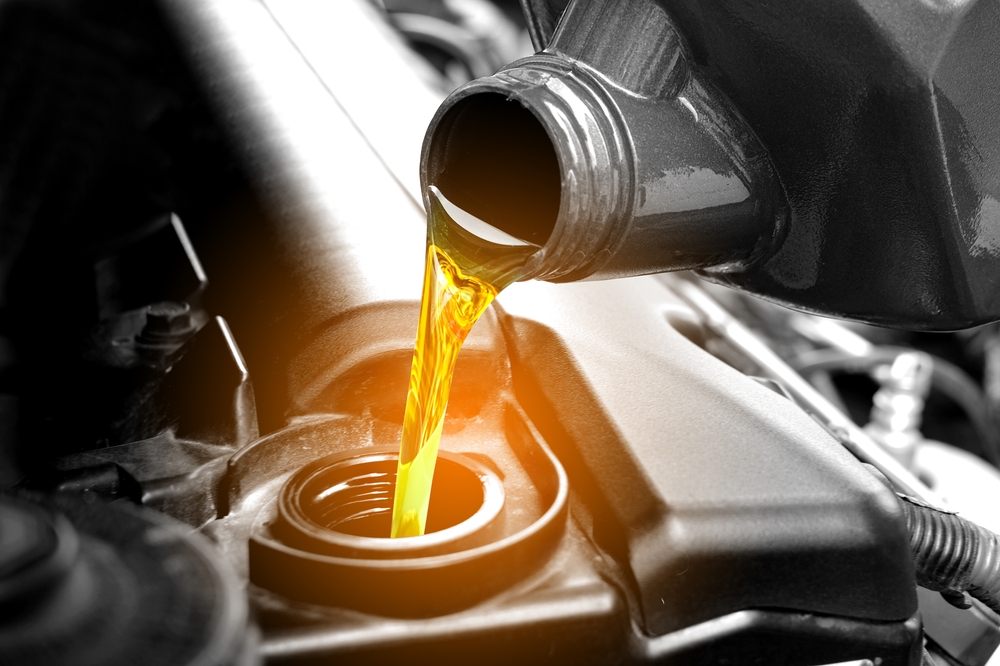
Regular oil changes are crucial for maintaining engine health. Oil lubricates engine components, reducing friction and wear. Skipping oil changes can lead to sludge buildup, reducing oil flow and causing parts to wear out faster. According to AAA, neglecting oil changes can reduce engine life by up to 30%. To avoid this, follow your manufacturer’s recommended oil change intervals, typically every 5,000 to 7,500 miles.
Ignoring the Check Engine Light
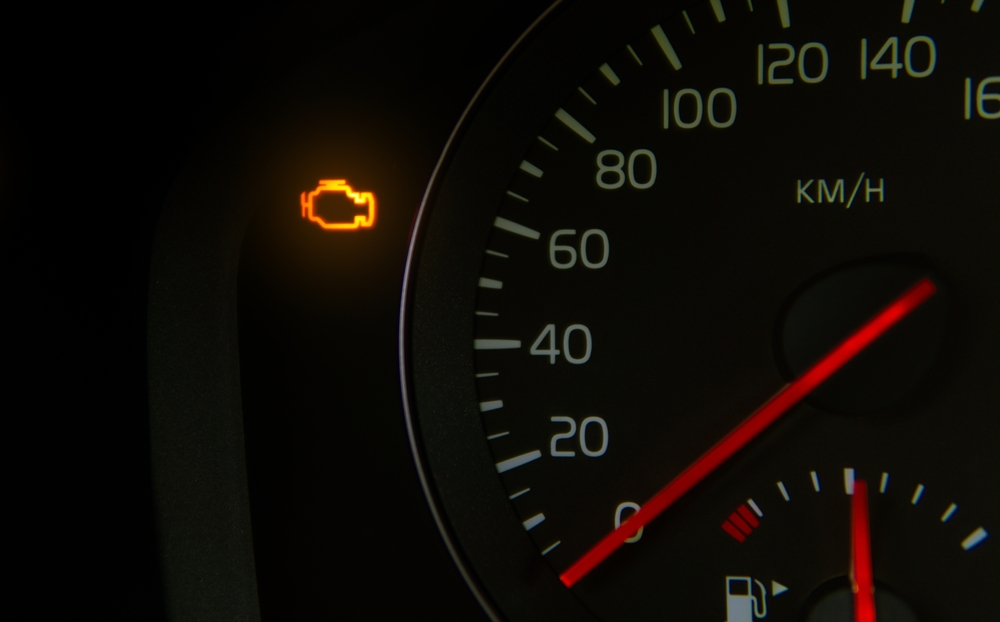
The check engine light indicates potential problems within the engine or related systems. Ignoring it can lead to severe engine damage. For example, a minor issue like a faulty oxygen sensor can reduce fuel efficiency by up to 40%. Addressing problems promptly can prevent costly repairs and maintain engine performance. Have a professional diagnose and repair issues as soon as the light comes on.
Using the Wrong Oil Type
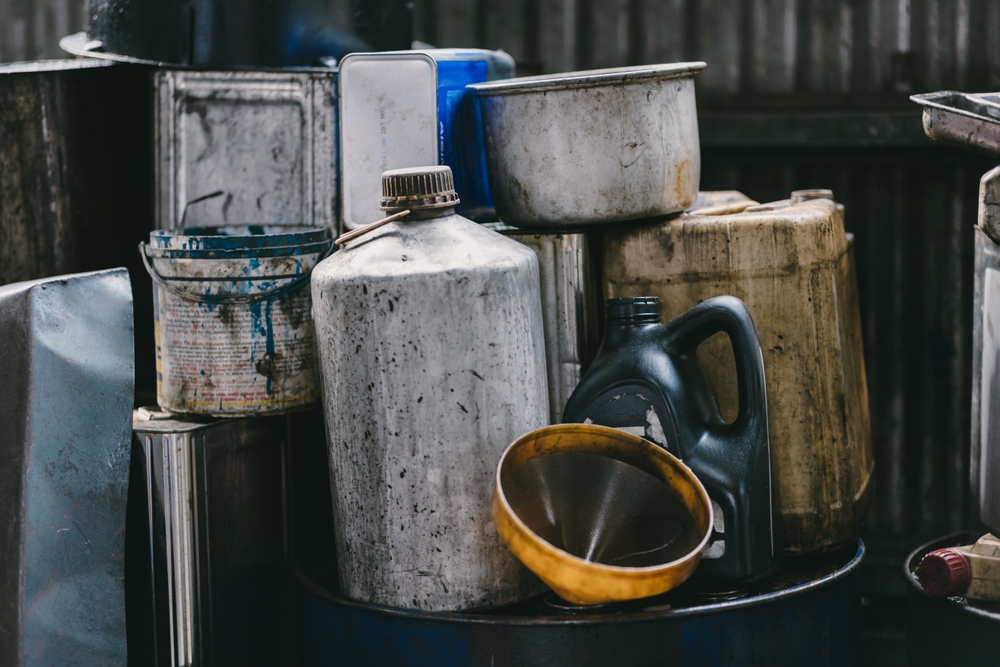
Using the wrong oil type can lead to inadequate lubrication and increased engine wear. Each engine is designed for a specific oil viscosity and type. Using the wrong oil can cause friction, overheating, and potential engine failure. Always use the manufacturer-recommended oil type and viscosity to ensure optimal engine performance and longevity.
Driving on Empty
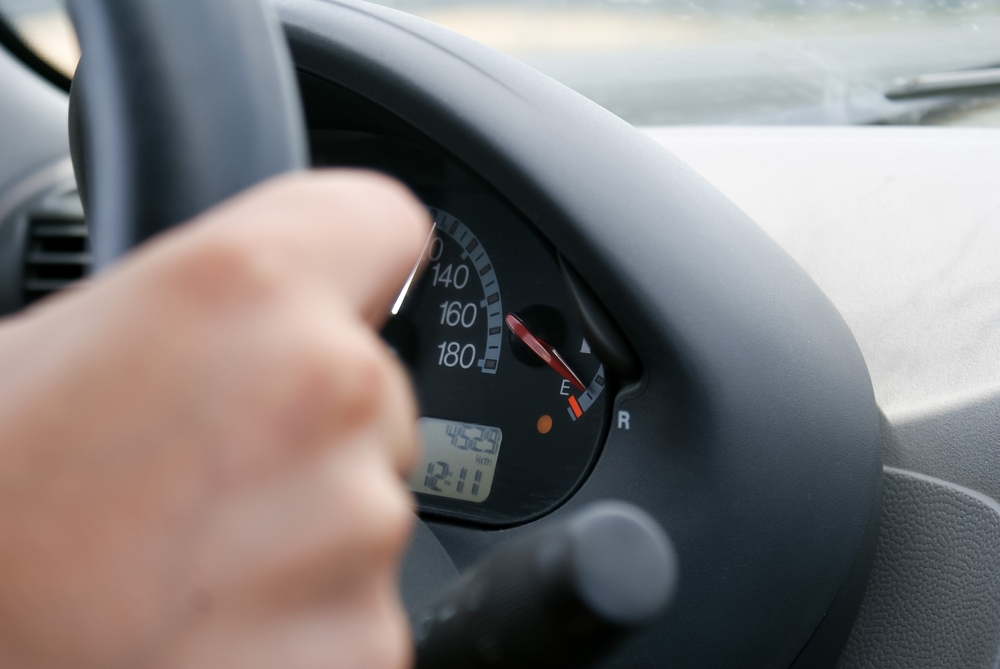
Consistently driving on a nearly empty fuel tank can damage your fuel pump. The fuel pump relies on gasoline for lubrication and cooling. Running on empty can cause the pump to overheat and fail, leading to costly repairs. To avoid this, keep your fuel tank at least a quarter full, ensuring the fuel pump remains adequately lubricated and cooled.
Revving the Engine When Cold
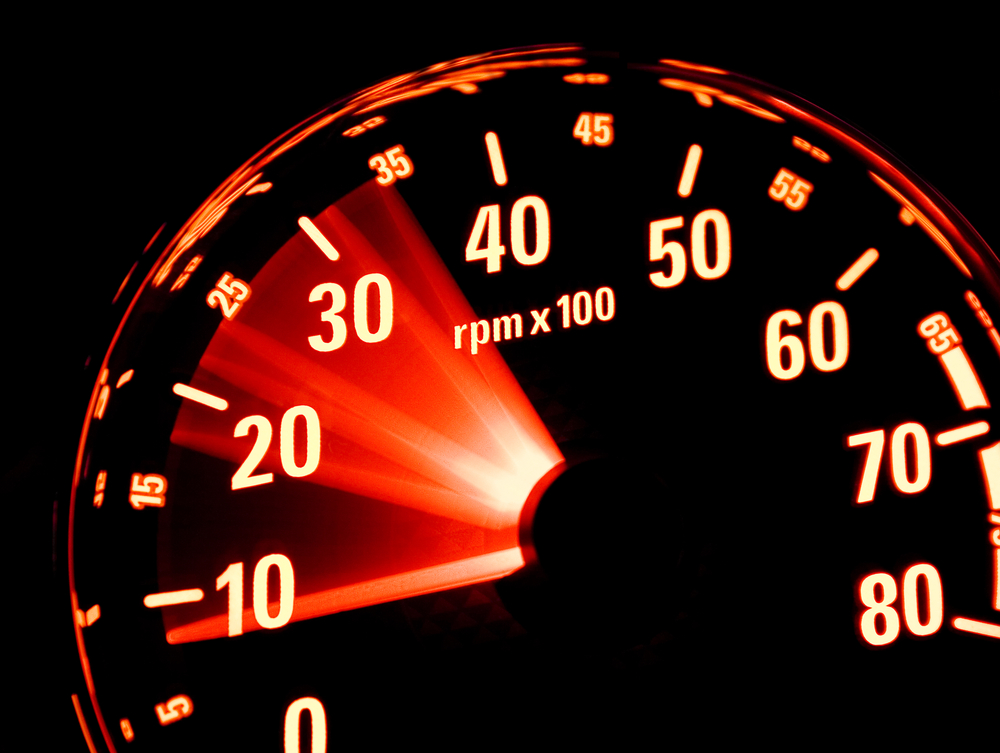
Revving a cold engine increases wear and tear. When the engine is cold, oil has not yet circulated fully, meaning components are not properly lubricated. Revving can cause metal-to-metal contact, leading to premature wear. Allow the engine to idle for a few minutes after starting to let the oil circulate and reach optimal operating temperature before driving.
Ignoring Coolant Changes
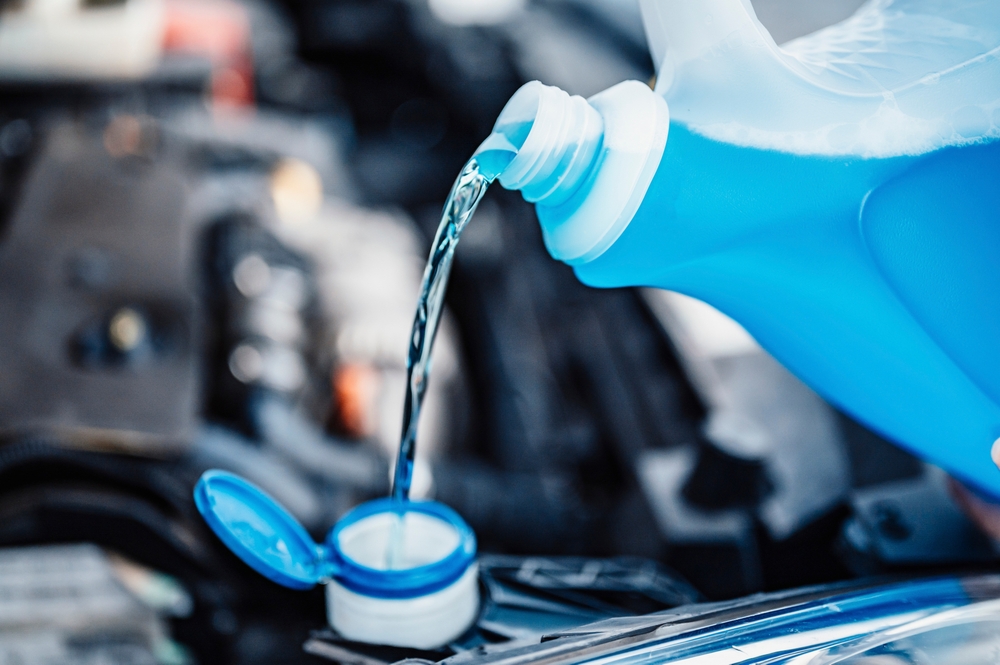
Coolant prevents the engine from overheating and protects it from corrosion. Over time, coolant degrades and loses its effectiveness. Ignoring coolant changes can lead to overheating and potential engine damage. According to the Car Care Council, coolant should be changed every 30,000 to 50,000 miles. Regularly check and replace coolant to maintain engine temperature and prevent corrosion.
Hard Acceleration and Braking
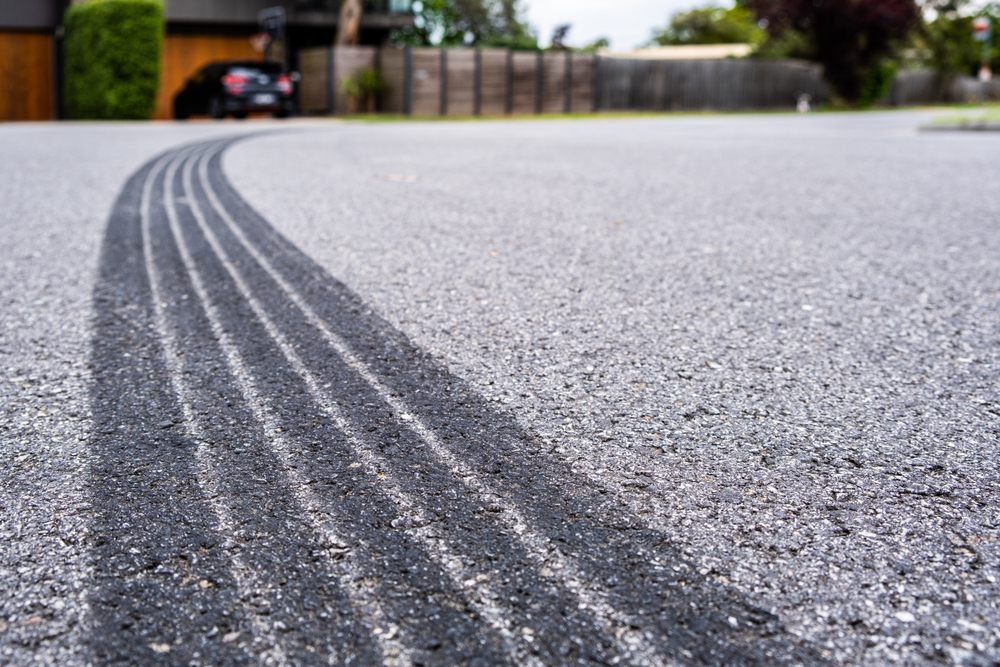
Frequent hard acceleration and braking put extra stress on the engine and drivetrain components. This driving style increases wear and tear, reduces fuel efficiency, and can lead to engine overheating. Edmunds.com suggests smooth acceleration and braking to extend engine life and improve fuel economy by up to 20%.
Neglecting Air Filter Replacement
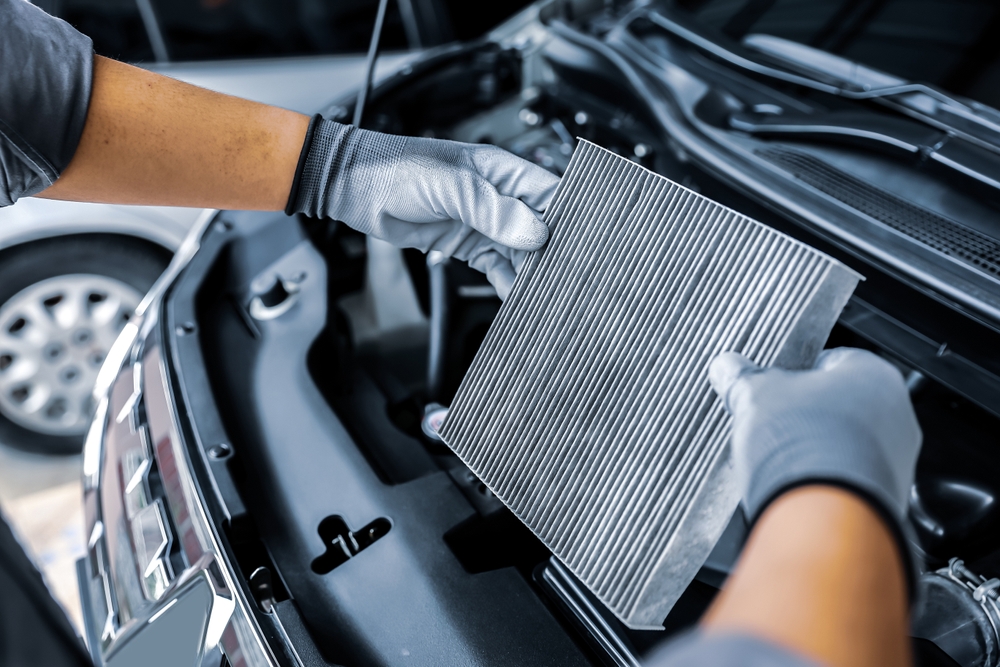
A dirty air filter restricts airflow to the engine, reducing performance and fuel efficiency. It can also allow contaminants to enter the engine, causing damage. Replacing the air filter every 12,000 to 15,000 miles, or as recommended by the manufacturer, ensures optimal airflow and protects the engine from harmful debris.
Using Low-Quality Fuel
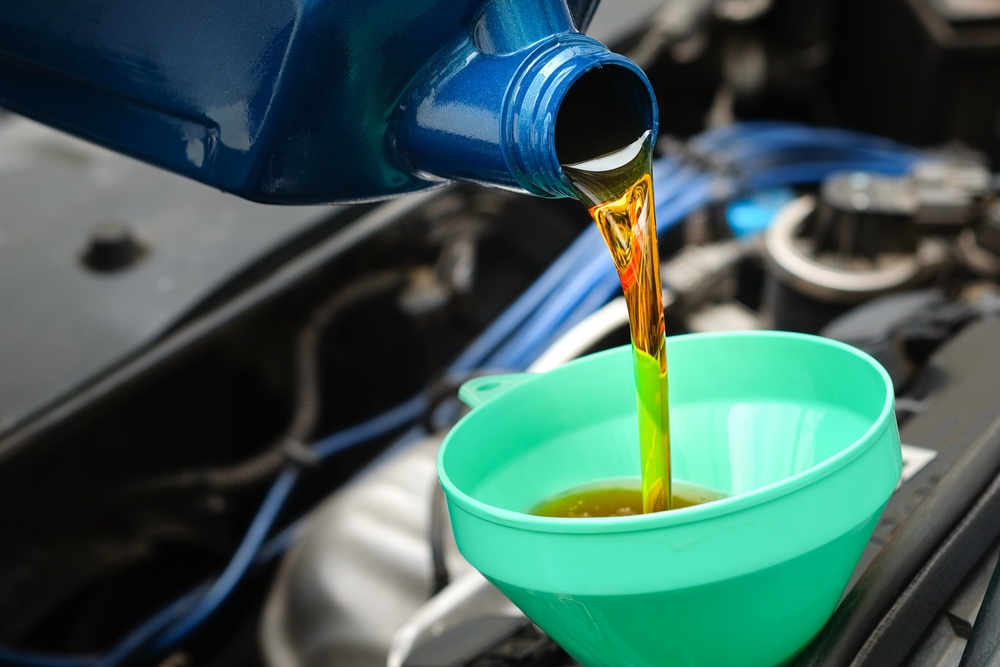
Using low-quality fuel can introduce contaminants and cause engine knocking. Poor-quality fuel can lead to deposits in the fuel injectors, reducing efficiency and performance. To avoid this, use high-quality fuel from reputable stations. Regularly using fuel system cleaners can also help maintain injector cleanliness and engine performance.
Overloading the Vehicle

Exceeding the vehicle’s weight capacity puts additional strain on the engine and transmission. This can lead to overheating, reduced performance, and premature wear. Check your vehicle’s owner’s manual for the maximum weight capacity and avoid overloading to ensure the engine and other components remain in good condition.
Ignoring Strange Noises

Unusual noises, such as knocking, tapping, or grinding, can indicate engine problems. Ignoring these noises can lead to severe damage and costly repairs. Addressing issues early can prevent further damage and extend the engine’s life. Have a professional inspect the engine if you hear any unusual sounds.
Skipping Scheduled Maintenance
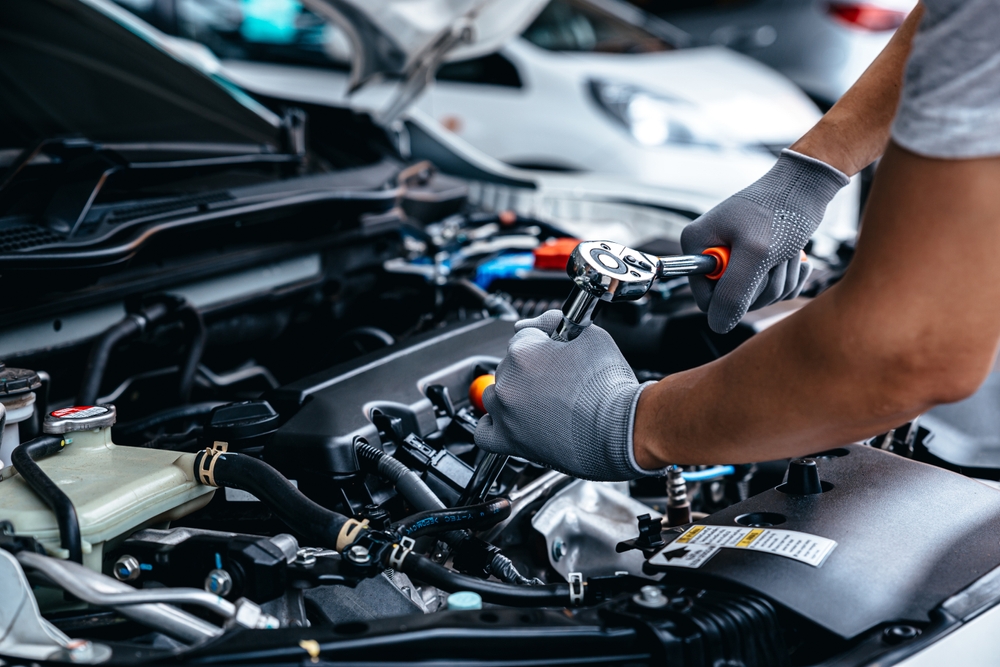
Scheduled maintenance includes vital services like oil changes, spark plug replacements, and timing belt checks. Skipping these services can lead to engine wear, reduced performance, and potential breakdowns. Follow your vehicle’s maintenance schedule, usually found in the owner’s manual, to keep the engine running smoothly.
Using Cheap Replacement Parts
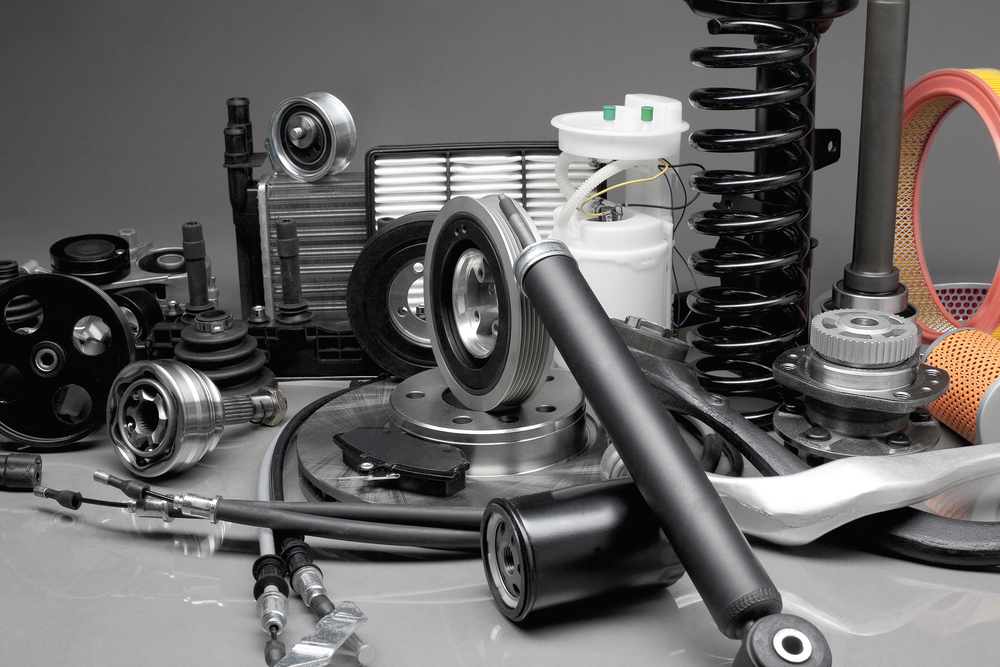
Using cheap, non-OEM (Original Equipment Manufacturer) replacement parts can compromise engine performance and reliability. These parts may not meet the manufacturer’s specifications, leading to premature wear and potential failure. Always use high-quality, OEM parts for repairs and replacements to ensure the engine’s longevity and performance.
Ignoring Oil Leaks
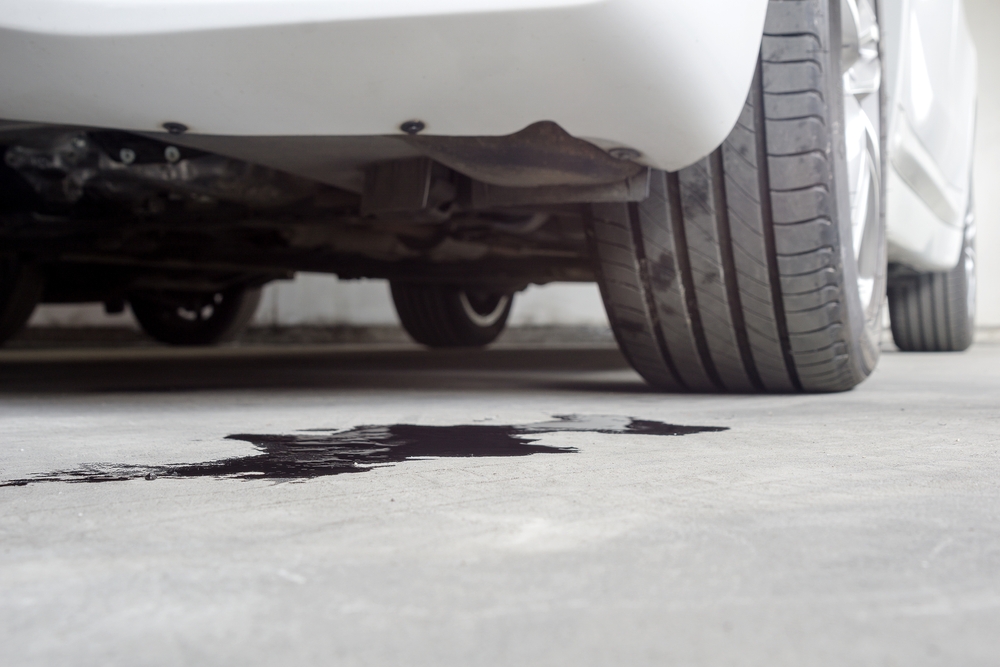
Oil leaks reduce the amount of oil available for lubrication, leading to increased friction and wear. Over time, this can cause severe engine damage. Regularly inspect your vehicle for oil leaks and address them promptly to prevent engine damage and maintain optimal performance.
Riding the Clutch
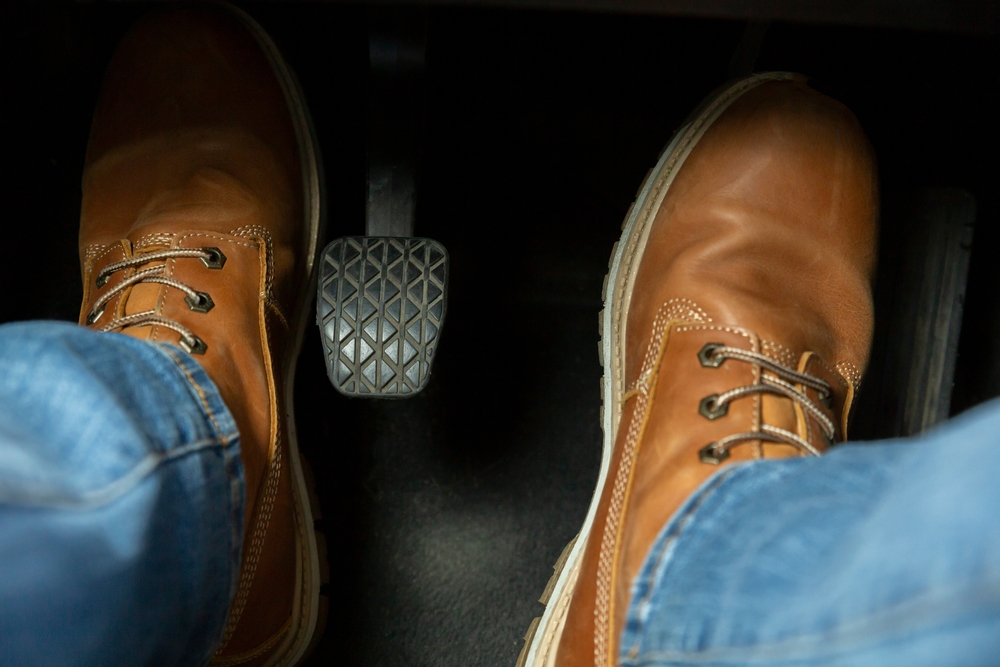
Riding the clutch, or keeping the clutch partially engaged while driving, increases wear on the clutch components and can lead to premature failure. This habit also puts additional strain on the engine. To avoid this, fully release the clutch pedal after shifting and use it only when necessary.
Frequent Short Trips

Frequent short trips prevent the engine from reaching its optimal operating temperature. Cold starts increase wear on engine components, as the oil does not have enough time to circulate fully. To minimize this, combine short trips into one longer trip when possible, allowing the engine to reach and maintain its operating temperature.
Using the Wrong Octane Fuel
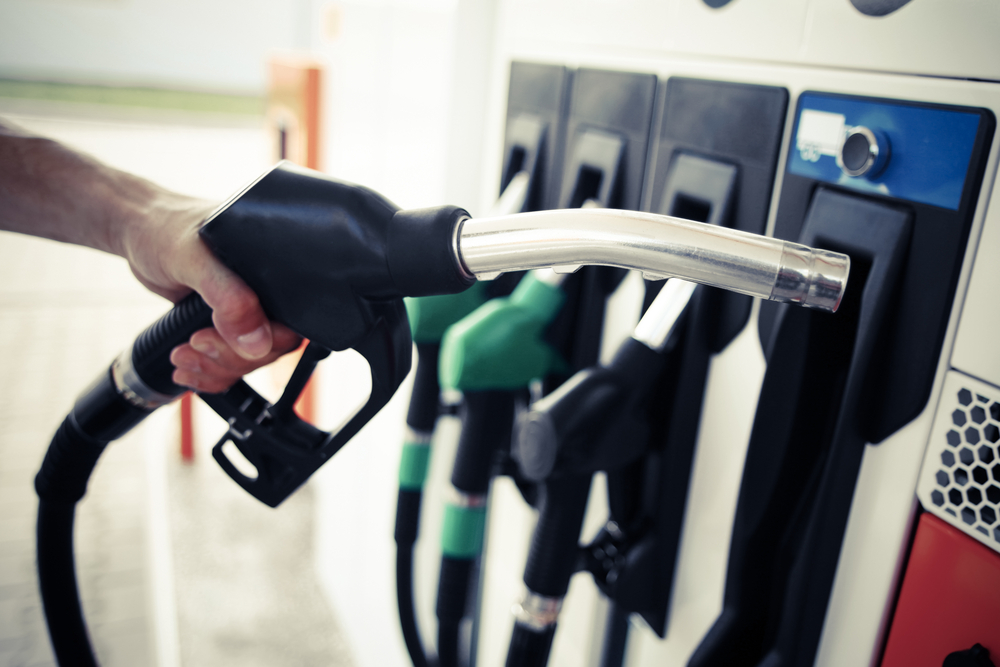
Using a lower octane fuel than recommended can cause engine knocking and reduce performance. This knocking can lead to severe engine damage over time. Always use the octane level recommended by the manufacturer, usually found in the owner’s manual, to ensure optimal engine performance and longevity.
Ignoring Timing Belt Replacement
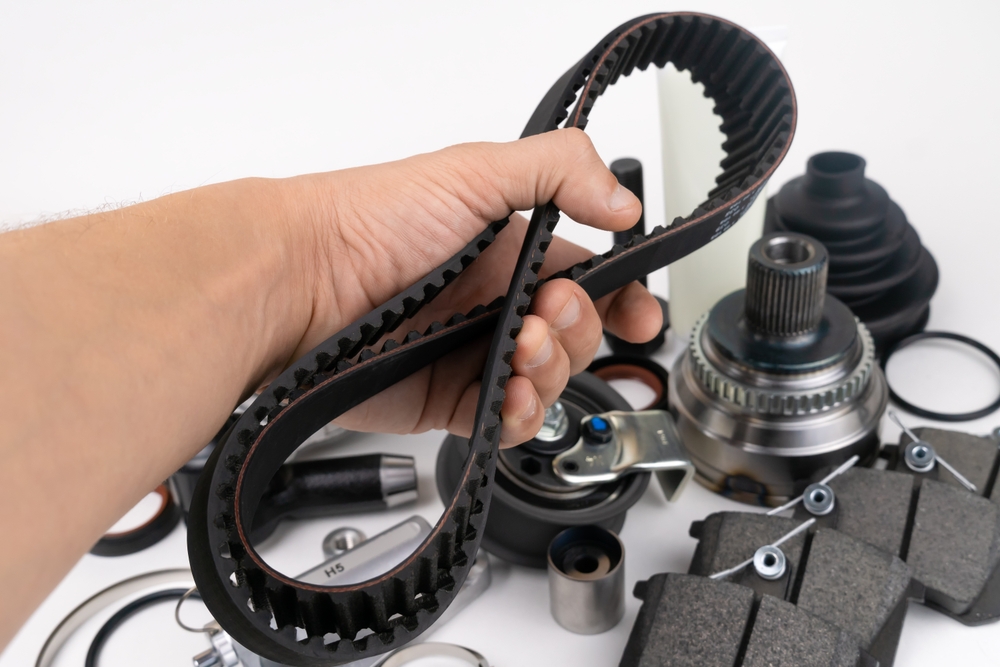
The timing belt synchronizes the engine’s camshaft and crankshaft. Ignoring timing belt replacement can lead to belt failure, causing severe engine damage. According to the Car Care Council, timing belts should be replaced every 60,000 to 100,000 miles, depending on the manufacturer’s recommendations. Regularly check and replace the timing belt to avoid catastrophic engine failure.
Not Letting the Engine Cool Down
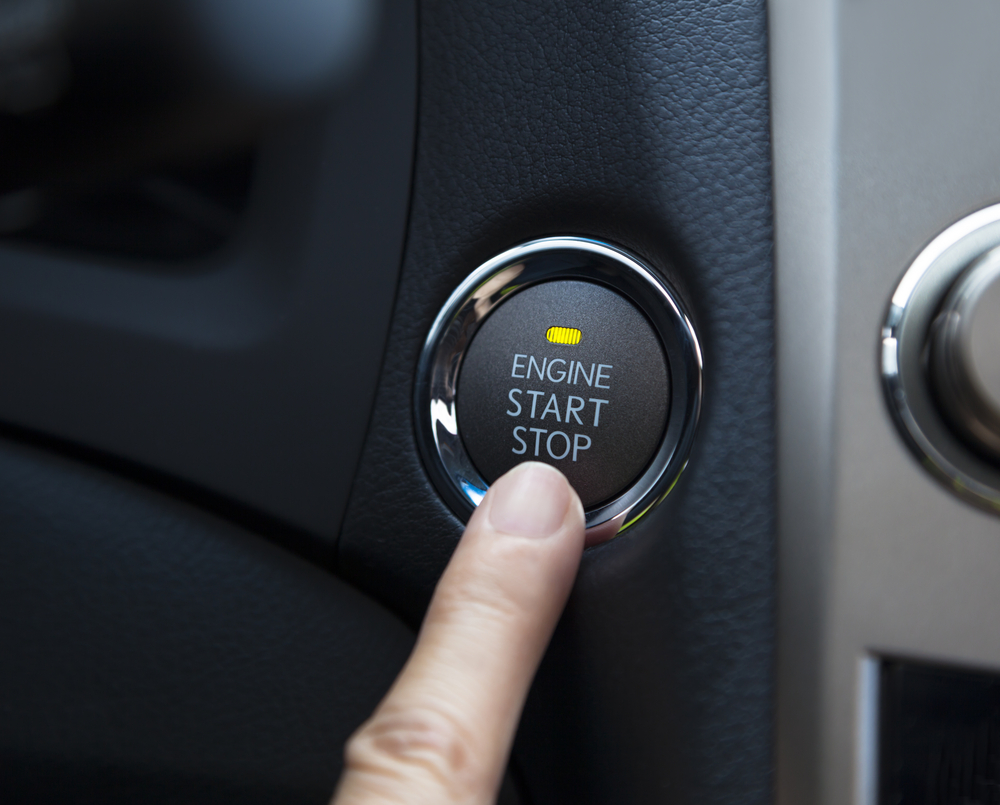
Turning off the engine immediately after hard driving can cause heat soak, where residual heat damages components. This is especially important for turbocharged engines. Allow the engine to idle for a few minutes before shutting it off to let it cool down gradually and prevent damage.
Neglecting Spark Plug Replacement
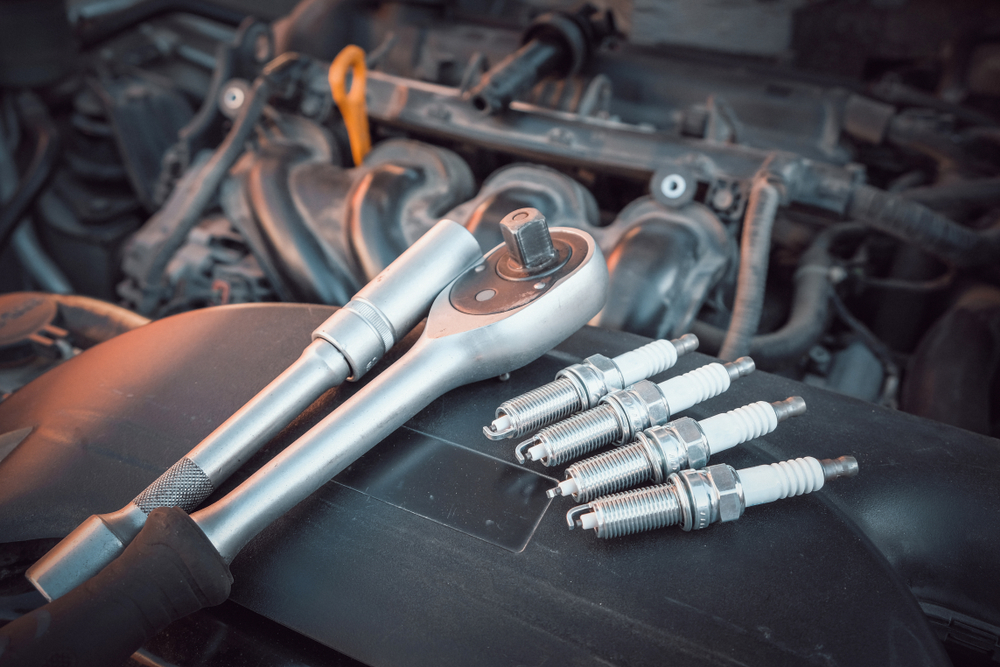
Worn or faulty spark plugs can cause misfires, reduced performance, and increased fuel consumption. Ignoring spark plug replacement can lead to engine damage over time. Replace spark plugs according to the manufacturer’s recommendations, typically every 30,000 to 100,000 miles, to maintain optimal engine performance.
This article originally appeared on MyCarMakesNoise.
More from MyCarMakesNoise
10 Car Modifications That Will Transform Your Vehicle

In the realm of automotive enthusiasts, personalizing an import car is more than just a hobby; it’s an expression of individuality and passion. This article is a guide tailored for those looking to elevate their vehicles beyond the ordinary. Read More
10 Companies Revolutionizing Self-Driving Vehicles

The automotive landscape is undergoing a transformative shift as the autonomous era unfolds, with technology paving the way for self-driving vehicles. In this dynamic and groundbreaking industry, several companies are at the forefront, driving innovation and shaping the future of transportation. Read More
10 Impressive Car Brands You Might Not Know About

In the vast world of automobiles, beyond the well-trodden path of renowned brands, lies a trove of lesser-known car manufacturers that offer exceptional value without compromising on quality and performance. Read More

